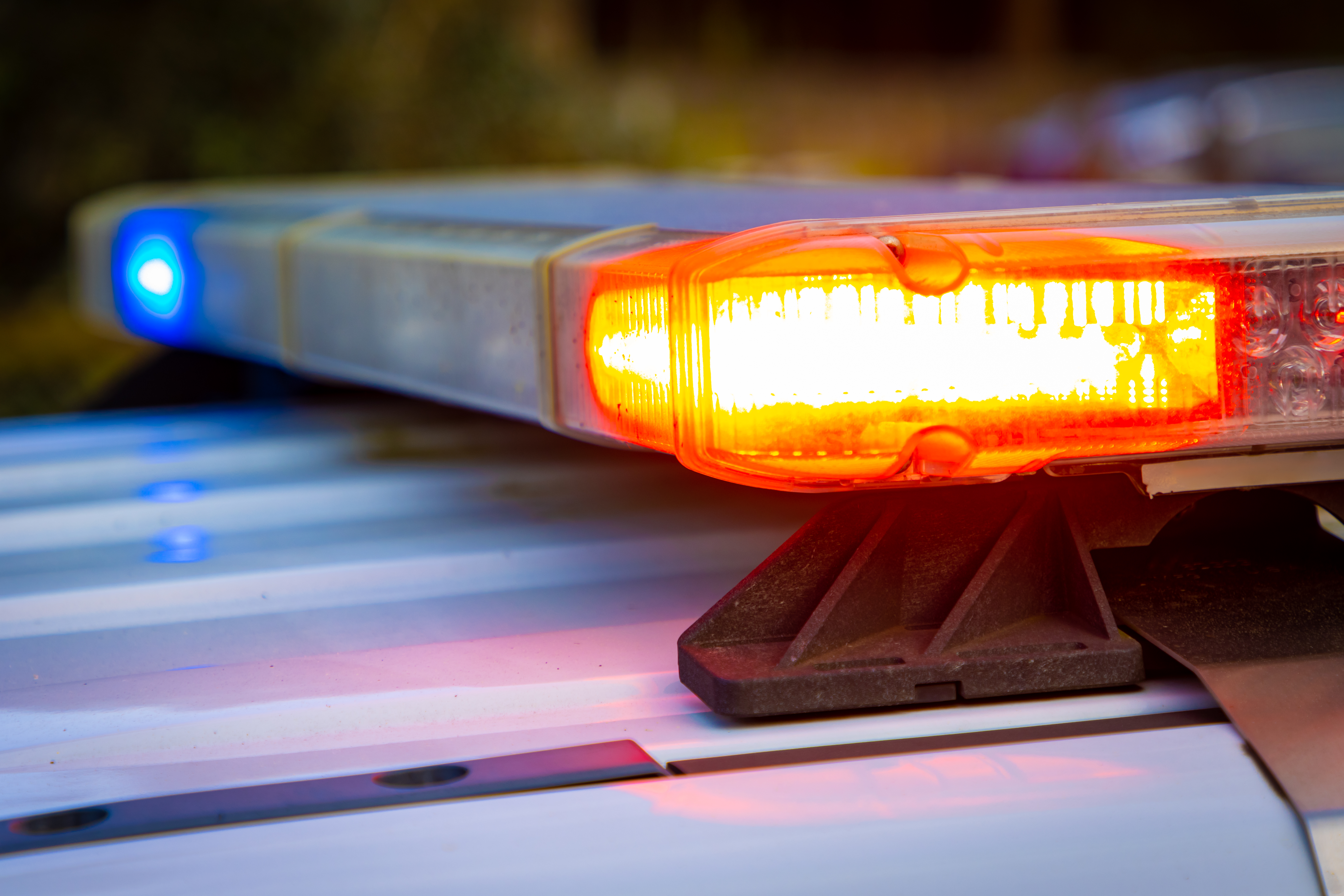The mother of a murdered New Mexico woman traveled to Connecticut to urge state lawmakers to pass a bill requiring DNA to be collected from suspects arrested for serious felony crimes. Currently, DNA samples are only taken from convicted felons in Connecticut.
"I can tell you as the mother of a murder victim that justice is important," said Jayann Sepich, during a news conference before a Judiciary Committee hearing on Katie's Law.
Sepich's daughter Katie was a 22-year-old graduate student when she was beaten, raped, and strangled in New Mexico.
The case went unsolved for three-and-a-half years until the suspect was convicted of another crime. He was forced to submit a DNA sample that ended up matching Katie's case.
Had the sample been collected upon arrest, the case would have been solved just three months after the crime and would have saved police about $200,000 in investigatory costs, said Sepich.
Sepich said she was shocked to learn pre-conviction DNA collection was not allowed. She fought to change the law in New Mexico, and elsewhere, and is pushing for the law in Connecticut.
"I have to tell you I was stunned because I thought we were taking DNA upon arrest. I mean I knew we were taking fingerprints. I knew we were taking mugshots," said Sepich.
Local
The Connecticut law would require the collection of DNA samples when suspects are arrested for serious crimes like murder and rape. The information would be entered into a database and deleted if suspects are ultimately exonerated, said lawmakers.
The American Civil Liberties Union is among the bill's opponents calling it a violation of civil rights and the presumption of innocence.
Representative Ernest Hewett (D- New London) initially opposed the idea when it was first proposed in the legislature last year. Now, he's sponsoring the bill.
Hewett says pre-conviction DNA from a suspect in Virginia exonerated James Tillman here in Connecticut. Tillman served 18 years in prison after being wrongly convicted of rape.
"It just makes sense for us to pass this bill. It saves lives. It saves women from being raped," said Hewett during the news conference.
If passed, Connecticut would be the 25th state to collect DNA samples after serious felony arrests.
Sepich says collecting the DNA upon arrest is no more intrusive than collecting fingerprints, which is common practice after an arrest.
"It works. It's not an invasion of privacy. It works," said Sepich.



